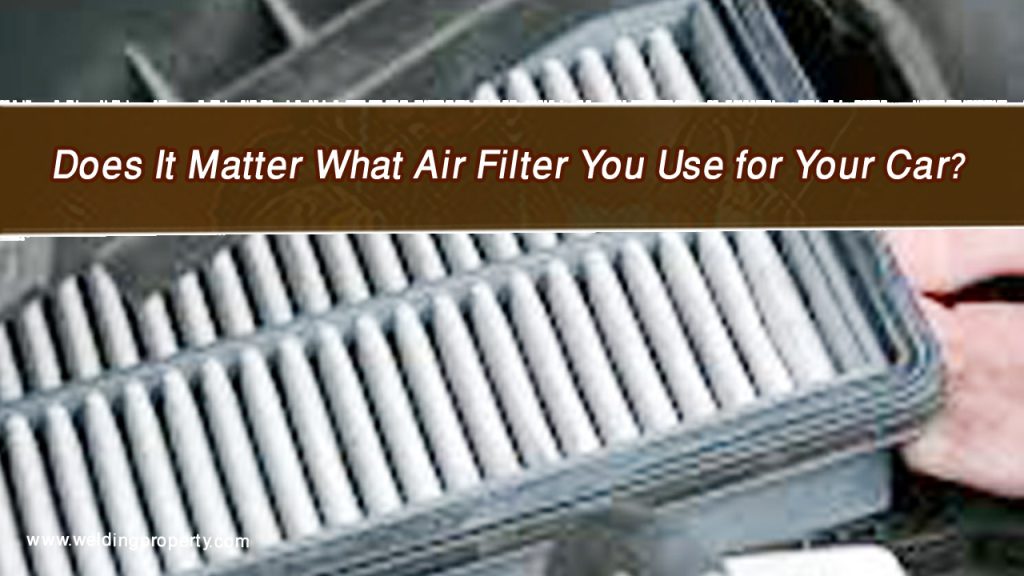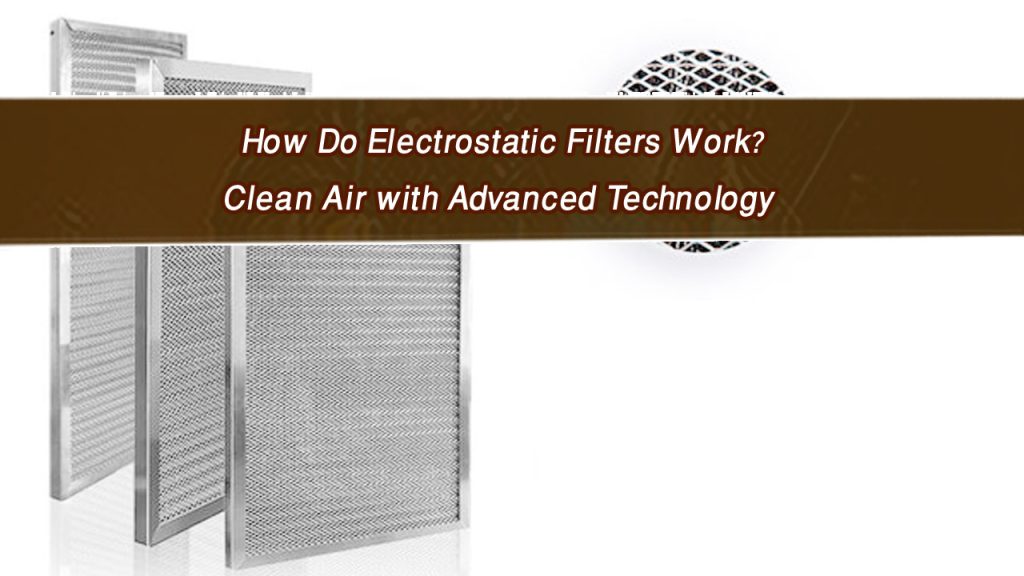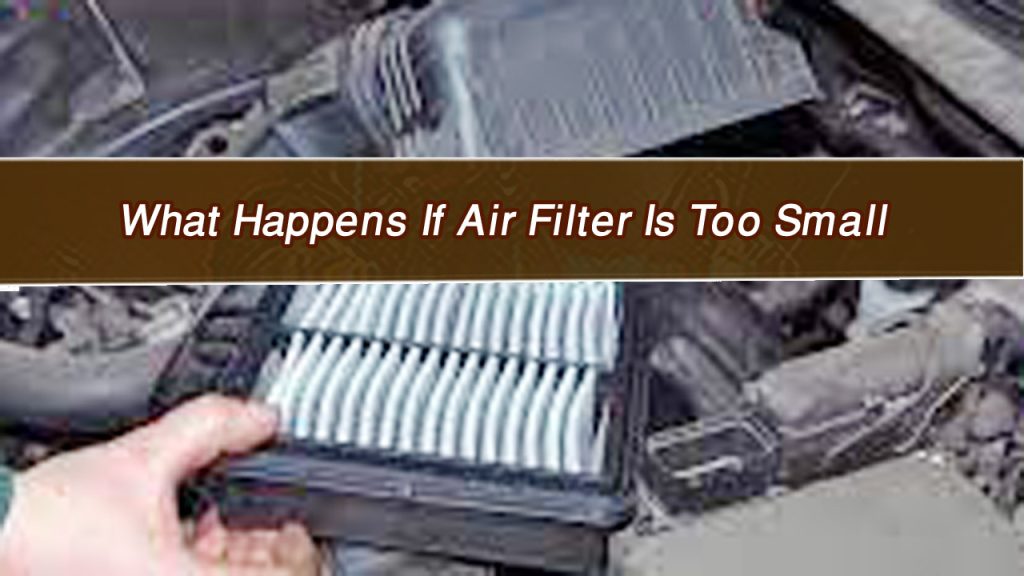When it comes to car maintenance, the air filter might seem like one of those small details you can overlook. After all, it’s just a filter, right? Does it really make a difference which one you choose? I used to think the same, but after diving into the details and testing different types of air filters, I can confidently say that your choice does matter.
The right air filter can impact your car’s performance, fuel efficiency, and even the air quality inside your vehicle. In this article, I’ll break down why air filters are so important, how they work, and how to choose the best one for your car.

Image by roncarterleaguecity
What Does an Air Filter Do in a Car?
Air filters are like the unsung heroes of your car. They play a vital role in keeping everything running smoothly by trapping dirt, dust, and debris before it enters the engine or cabin.
Engine Air Filter
This filter ensures that the air entering the engine is clean and free of contaminants. Clean air is essential for proper combustion, which directly affects your car’s performance and fuel efficiency.
Cabin Air Filter
The cabin air filter cleans the air that circulates inside your car’s interior. It removes dust, pollen, and even unpleasant odors, making the driving experience healthier and more comfortable.
Why Does the Type of Air Filter Matter?
Not all air filters are created equal. The type of filter you choose can influence your car’s performance and your overall driving experience. Here’s why:
Performance Impact
Some air filters allow better airflow, which can improve your car’s horsepower and acceleration. High-performance filters, for instance, are designed to maximize engine efficiency.
Longevity and Durability
Different filters are made from various materials, affecting their lifespan and durability. A high-quality air filter will last longer and perform better over time compared to a cheap, generic option.
Protection for Your Engine
A good filter will trap even the smallest particles, preventing them from entering and damaging your engine. Poor-quality filters might let contaminants through, which can lead to costly repairs down the line.
Environmental and Health Considerations
For cabin air filters, the right choice can make a big difference in the air you breathe. Some filters are better at trapping allergens, smoke, and other pollutants, which is especially important if you or your passengers have allergies or respiratory issues.
Types of Air Filters for Cars
Here’s a breakdown of the most common types of air filters and how they stack up:
| Type | Material | Benefits | Drawbacks |
|---|---|---|---|
| Paper Air Filters | Pleated paper or cellulose | Affordable, disposable, widely available | Short lifespan, less durable |
| Foam Air Filters | Polyurethane foam | Reusable, good for off-road conditions | Requires regular cleaning, less common |
| Cotton Air Filters | Oiled cotton gauze | High airflow, reusable | Higher upfront cost, maintenance needed |
| Synthetic Air Filters | Polyester or fiberglass | Excellent filtration, durable | More expensive |
| Carbon Cabin Filters | Activated carbon | Removes odors and pollutants | Costlier than standard cabin filters |
Factors to Consider When Choosing an Air Filter
Driving Conditions
Do you drive in dusty or polluted areas? If so, you’ll need a filter with excellent filtration capabilities, like a cotton or synthetic filter.
Budget
If you’re on a tight budget, paper filters are a cost-effective option. However, if you’re willing to spend more upfront, reusable filters can save you money in the long run.
Maintenance Requirements
Some filters, like cotton and foam, require regular cleaning and re-oiling, while paper filters are disposable and maintenance-free.
Vehicle Make and Model
Always choose a filter that’s compatible with your specific car model. Using the wrong size or type can lead to poor performance and reduced efficiency.
How Air Filters Affect Engine Performance
When I switched to a high-performance air filter in my car, the improvement in acceleration was noticeable. Here’s how air filters can influence your engine:
- Improved Airflow: A clean, high-quality filter ensures optimal airflow, allowing the engine to “breathe” better and generate more power.
- Enhanced Fuel Efficiency: With the right air-to-fuel ratio, your car burns fuel more efficiently, saving you money at the pump.
- Reduced Engine Wear: Trapping debris keeps harmful particles out of the engine, extending its lifespan.
The Role of Cabin Air Filters
While engine air filters are crucial for performance, cabin air filters focus on comfort and health. Here’s why they matter:
- Better Air Quality: Cabin filters remove allergens, dust, and even harmful gases, making the air inside your car cleaner.
- Eliminates Odors: Filters with activated carbon can neutralize odors, ensuring a fresh-smelling cabin.
- Protects HVAC System: A clean cabin air filter prevents debris from clogging your car’s heating and cooling system.
Can High-Performance Air Filters Make a Big Difference?
The short answer is: it depends. High-performance air filters, like those from K&N, can improve airflow and slightly boost horsepower, but the difference might not be noticeable during everyday driving.
Pros of High-Performance Filters
- Reusable and eco-friendly
- Better airflow and filtration
- Longer lifespan
Cons of High-Performance Filters
- Higher upfront cost
- Require regular cleaning and maintenance
For most drivers, a standard air filter will do just fine. However, if you’re looking for a slight performance edge or drive in challenging conditions, upgrading might be worth it.
How Often Should You Replace Air Filters?
The replacement schedule for air filters varies depending on the type of filter and driving conditions. Here’s a general guideline:
| Filter Type | Replacement Interval |
|---|---|
| Engine Air Filter | Every 15,000 to 30,000 miles |
| Cabin Air Filter | Every 12,000 to 15,000 miles |
| Reusable Filters | Clean every 10,000 miles |
If you frequently drive in dusty or polluted areas, you may need to replace or clean your filters more often.
Conclusion
So, does it matter what air filter you use for your car? Absolutely. The right air filter not only protects your engine and improves performance but also enhances your driving experience by ensuring clean air in the cabin.
Choosing a high-quality filter tailored to your driving needs can save you money, boost efficiency, and even make your car more enjoyable to drive. Next time you’re due for a replacement, take the time to pick the right filter—it’s a small investment with big rewards.
FAQs
Can using a cheap air filter damage my car?
Yes, low-quality air filters may not trap fine particles effectively, potentially leading to engine wear and reduced performance.
Are reusable air filters better than disposable ones?
Reusable filters can save money in the long run and are eco-friendly, but they require regular maintenance.
What happens if I don’t replace my air filter?
A dirty air filter can reduce fuel efficiency, decrease engine power, and lead to poor air quality inside your car.
Do all cars need a cabin air filter?
Not all vehicles have cabin air filters. Check your car’s manual to see if your model includes one.
Can I replace the air filter myself?
Yes, replacing an air filter is a straightforward task that most car owners can handle with basic tools.


